Kenya has lost one of its most enduring political figures. Raila Odinga, the opposition leader, former prime minister, and symbol of Kenya’s pro-democracy struggle, has died in India at the age of 80 after suffering a heart attack, hospital officials confirmed on Wednesday.
Odinga’s death marks the end of an era. For more than three decades, he defined Kenya’s political conversation, sometimes as a rebel, sometimes as a statesman, always as a fighter.
According to local police in Kerala, Odinga collapsed during a morning walk while accompanied by family members and security staff. “He was rushed to a nearby private hospital but was declared dead,” said Krishnan M, a police superintendent in Ernakulam.
Back in Nairobi, the news sent shockwaves through the country. President William Ruto visited the Odinga family home in the Karen district, while hundreds of supporters gathered outside, many crying and waving tree branches, a traditional way of warding off bad spirits.
Born in 1945, the son of Kenya’s first vice president, Odinga grew up in the shadow of power but spent much of his life confronting it. To many Kenyans, he was a revolutionary — a man who spent years in prison and exile, yet never gave up on the idea of a fairer, freer Kenya.
He was first jailed in 1982 after a failed coup attempt against President Daniel arap Moi. What followed was nearly a decade of persecution, during which many opposition voices were silenced, but Odinga endured.
When Kenya reintroduced multiparty democracy in 1991, Odinga was among those who pushed hardest for reform. He entered parliament in 1992 and went on to run for president five times, in 1997, 2007, 2013, 2017, and 2022, without ever winning. Each campaign became a national reckoning, often accompanied by street protests and political unrest.
The disputed 2007 election remains the darkest chapter, more than 1,300 people were killed in violence that followed. Yet Odinga’s commitment to reform didn’t fade. His activism helped bring about Kenya’s 2010 constitution, one of Africa’s most progressive at the time.
To his supporters, he was “Baba,” father of the nation’s democratic awakening. To others, “Agwambo,” the mysterious one, whose politics mixed idealism with shrewd survival. Even his critics admitted that no one else had left such a lasting mark on Kenya’s modern political story.
In recent years, Odinga had surprised many by reconciling with President Ruto, entering a power-sharing pact that brought members of his Azimio la Umoja coalition into government. It was classic Raila, unpredictable, pragmatic, and still working the levers of power until the very end.

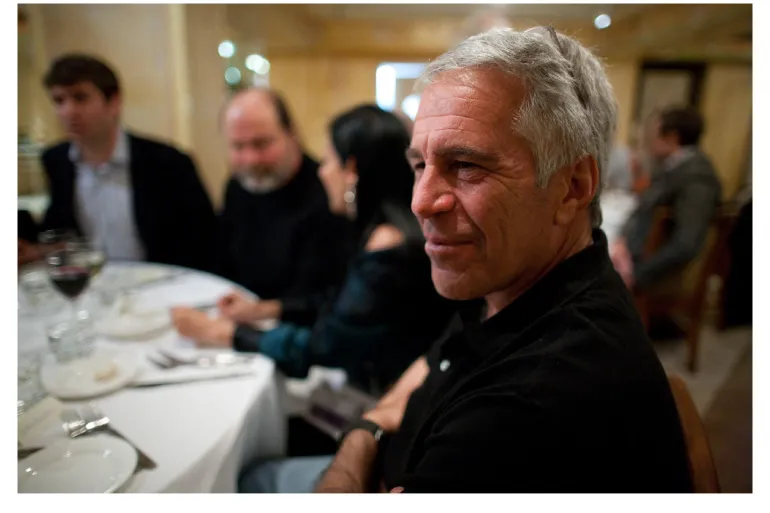
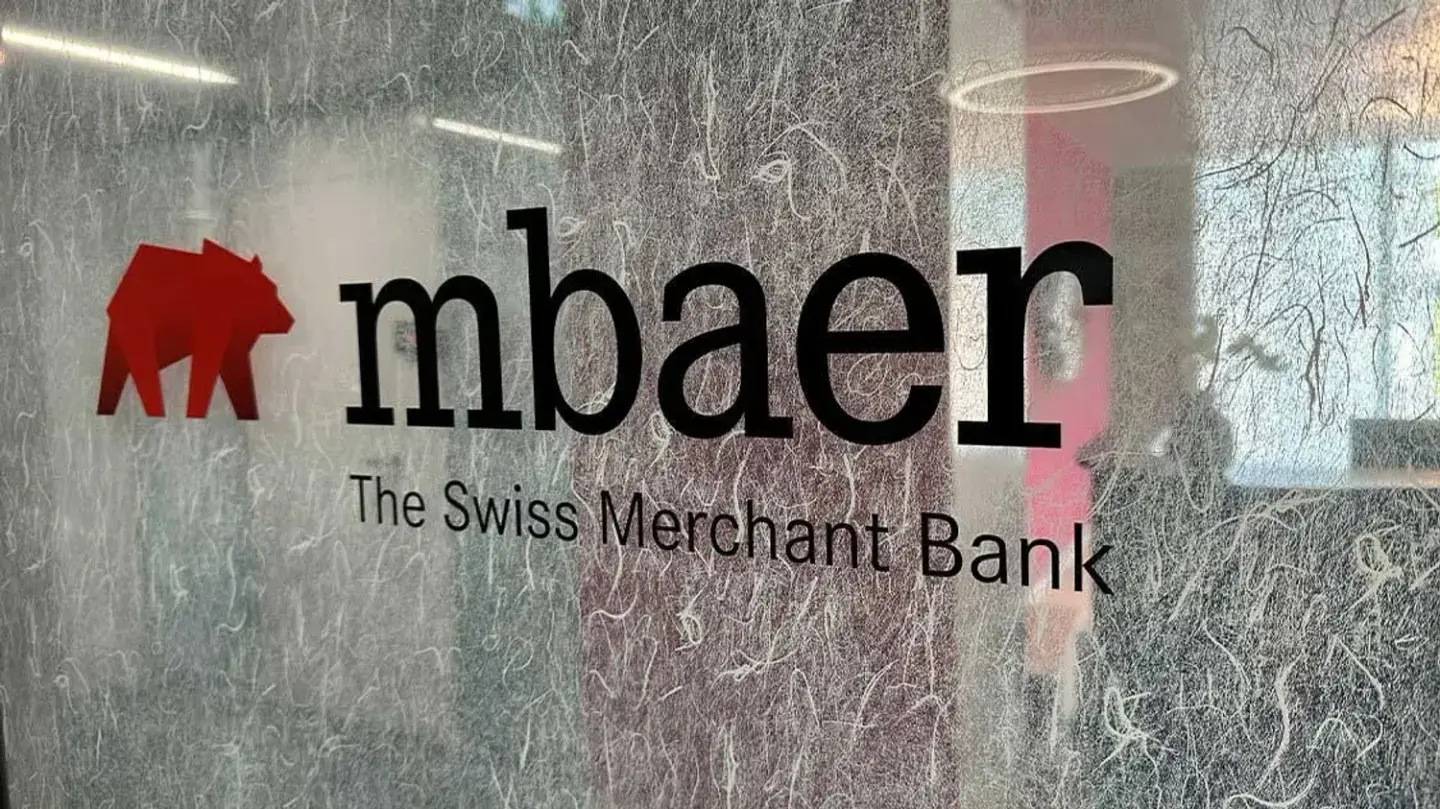
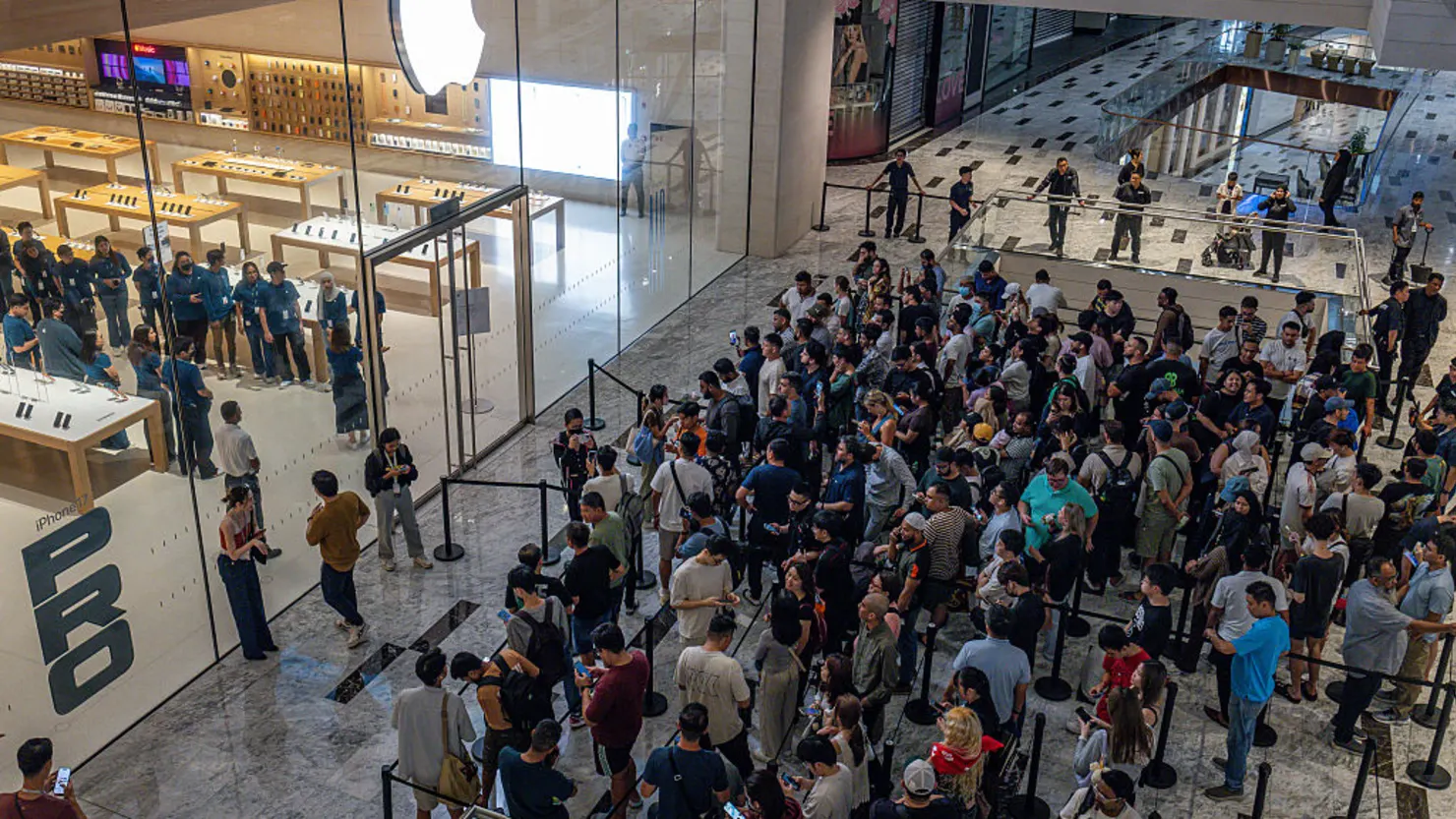
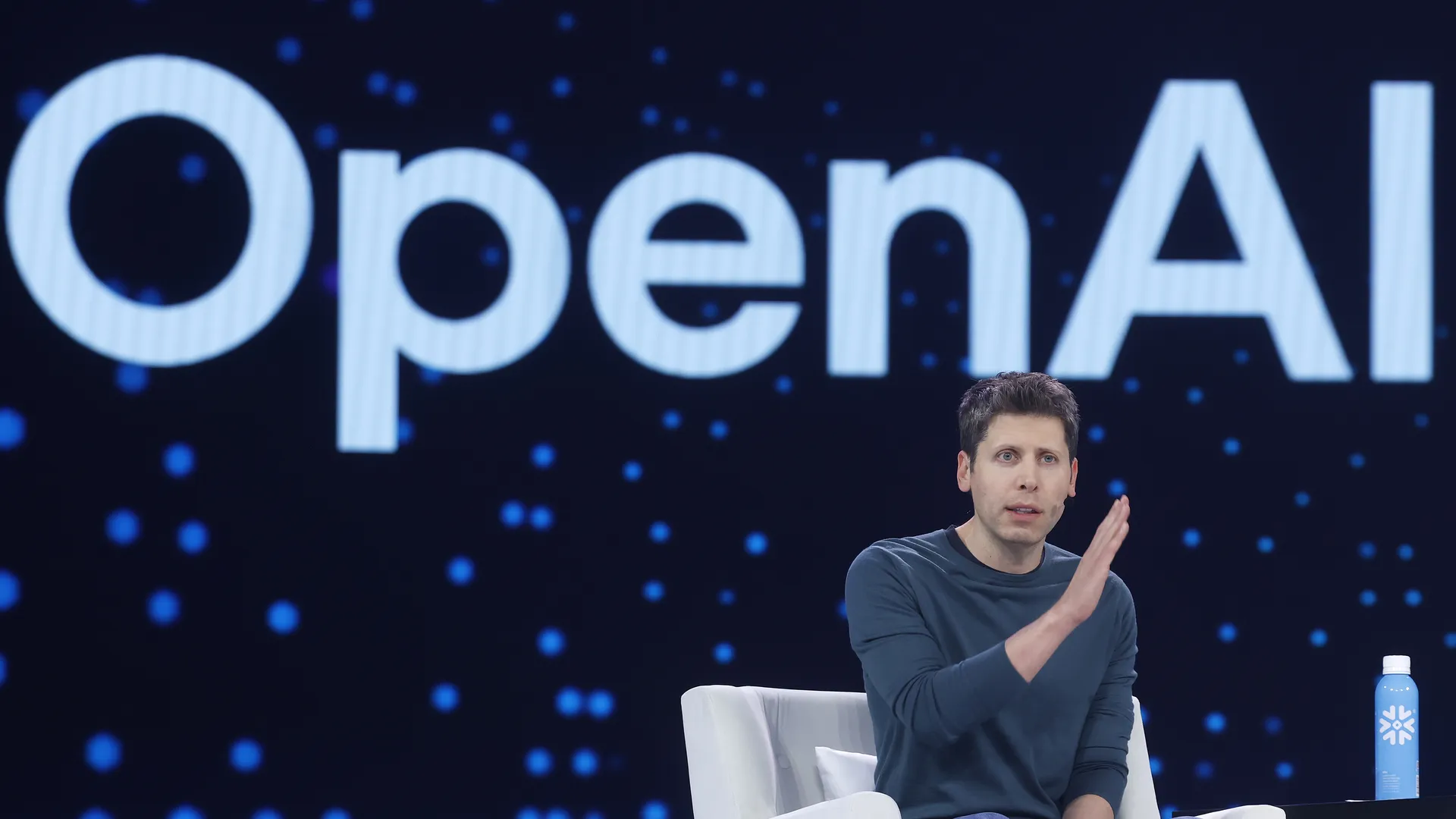
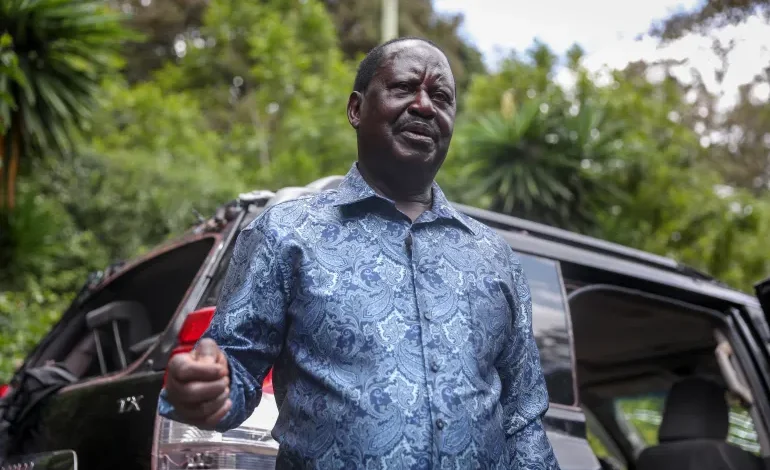




The latest news in your social feeds
Subscribe to our social media platforms to stay tuned